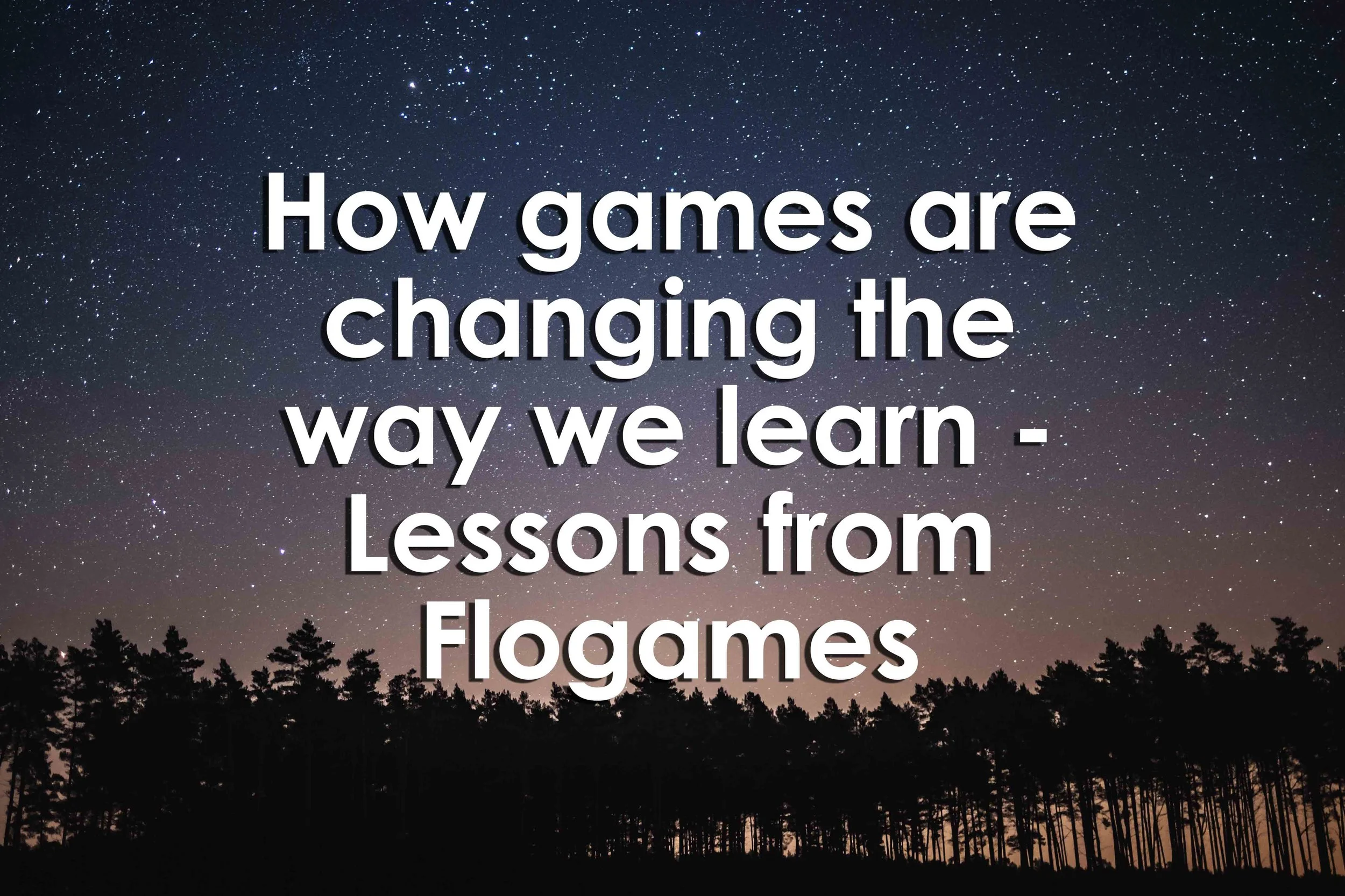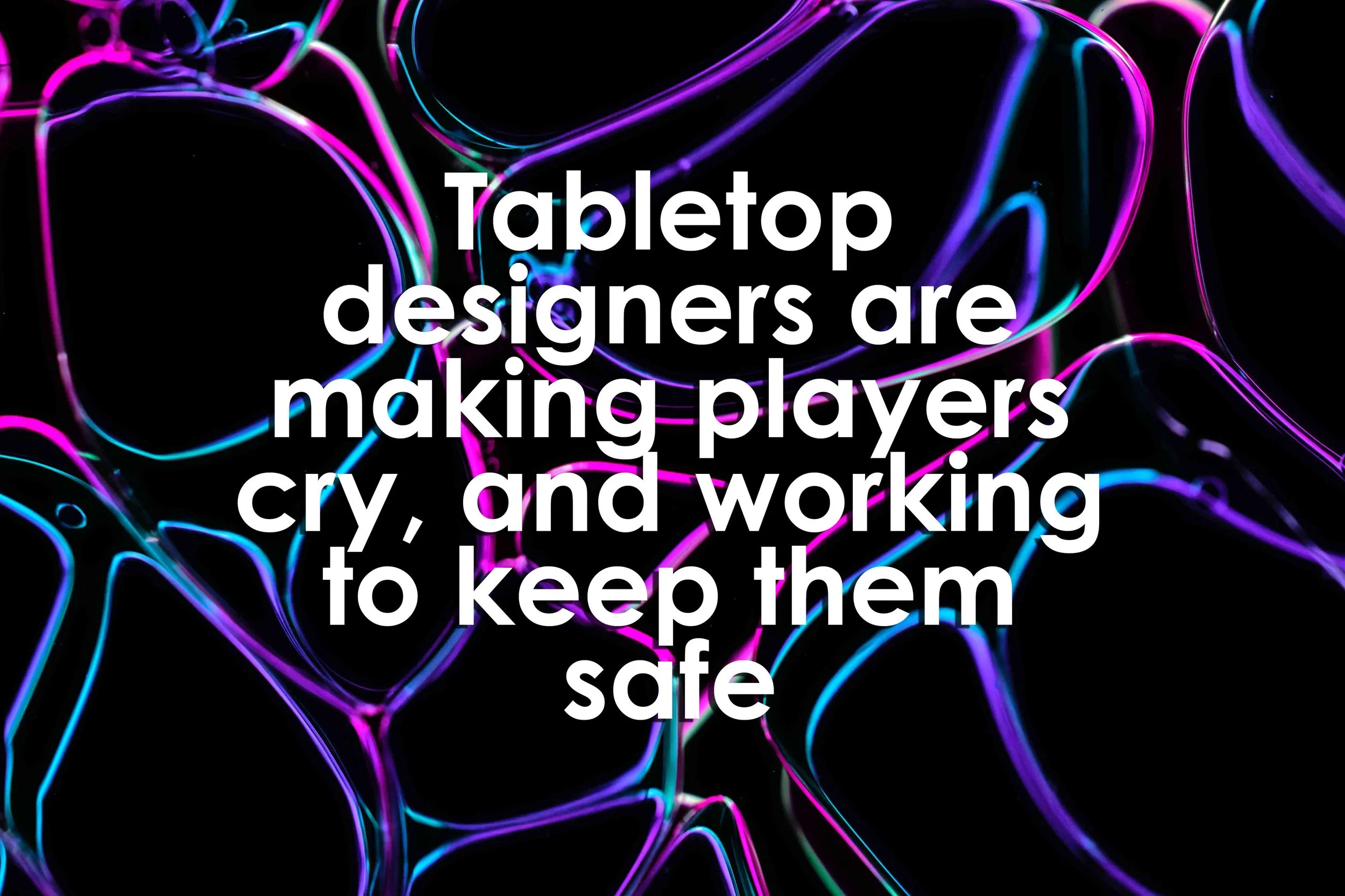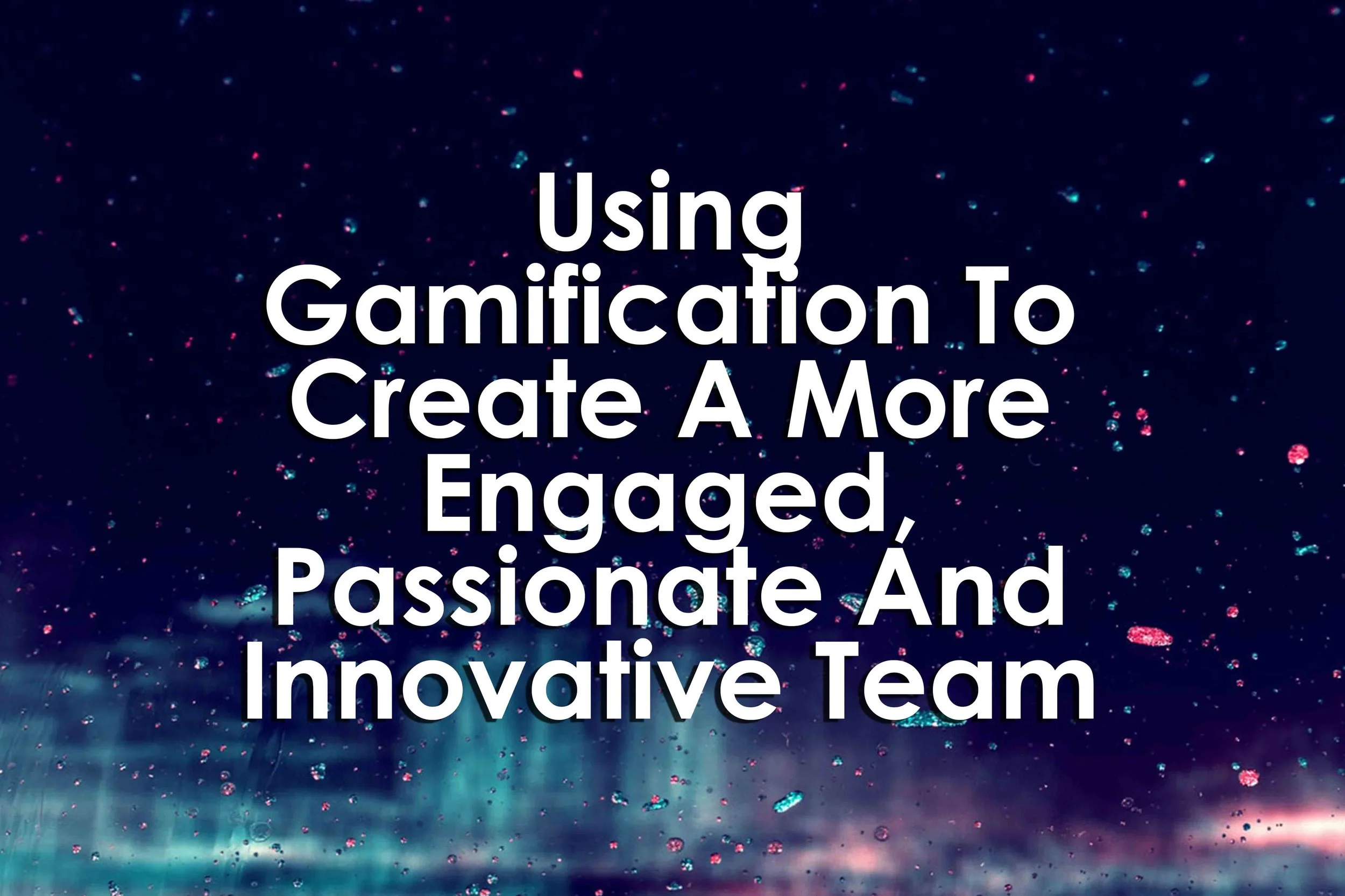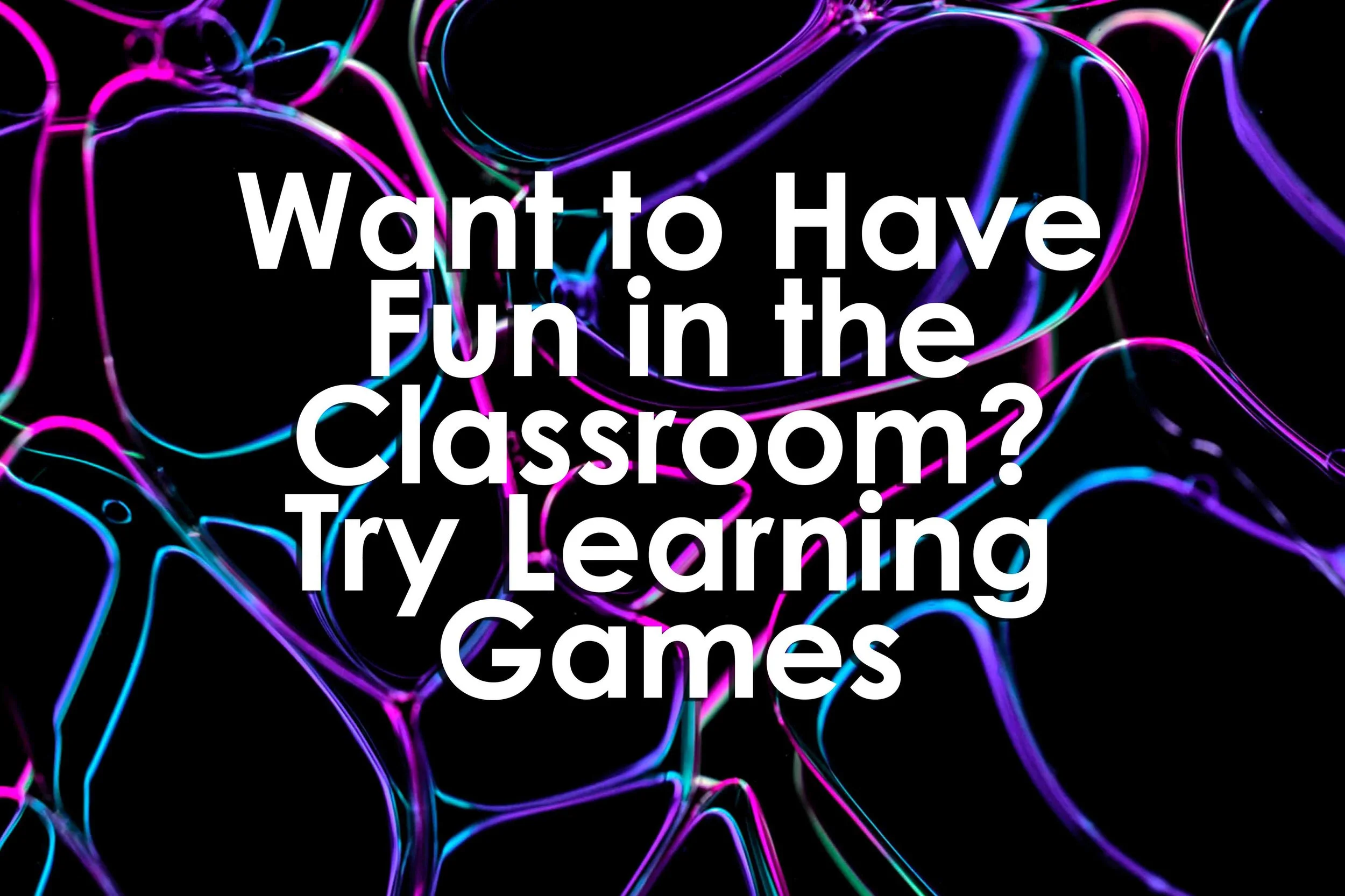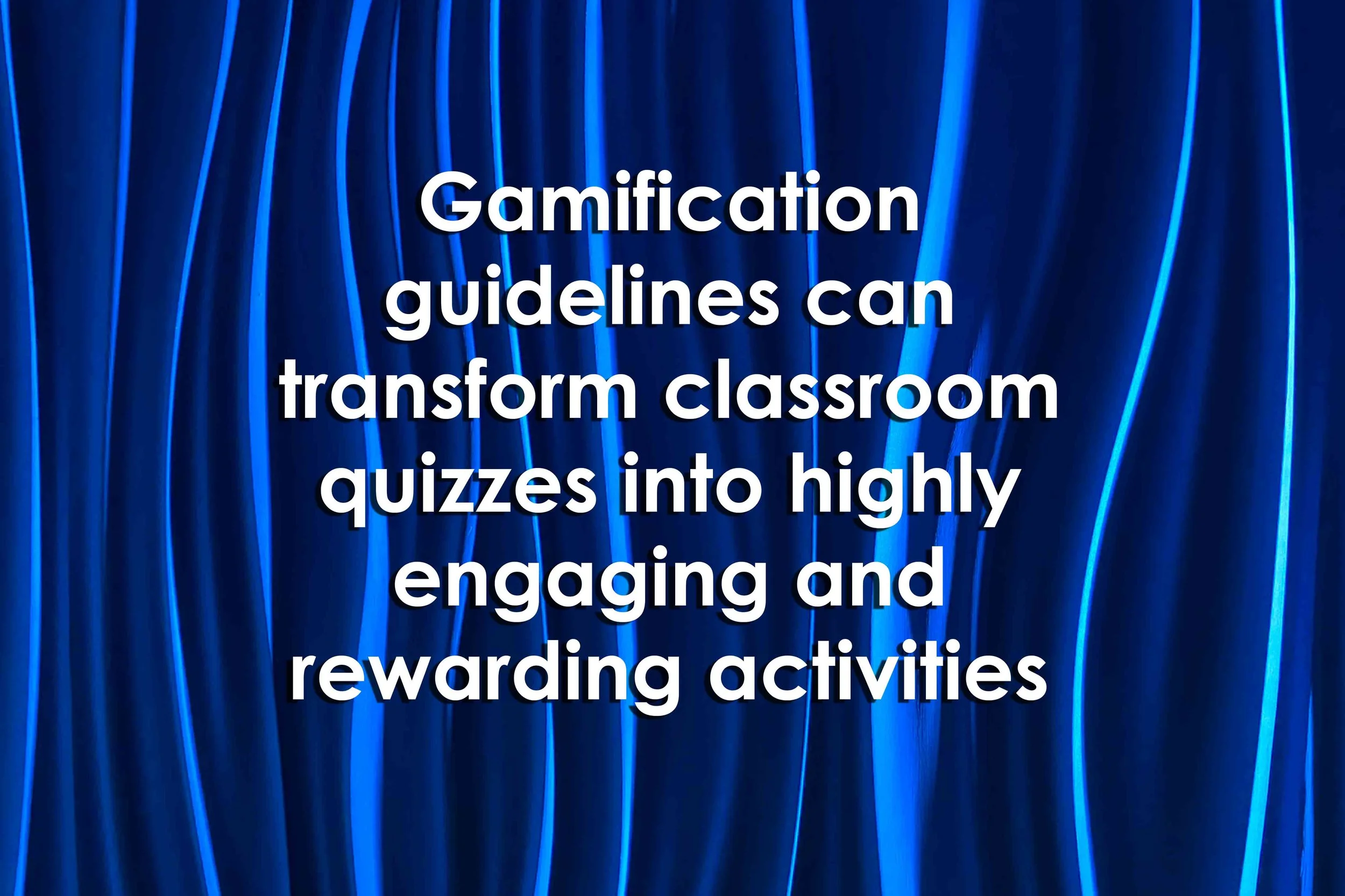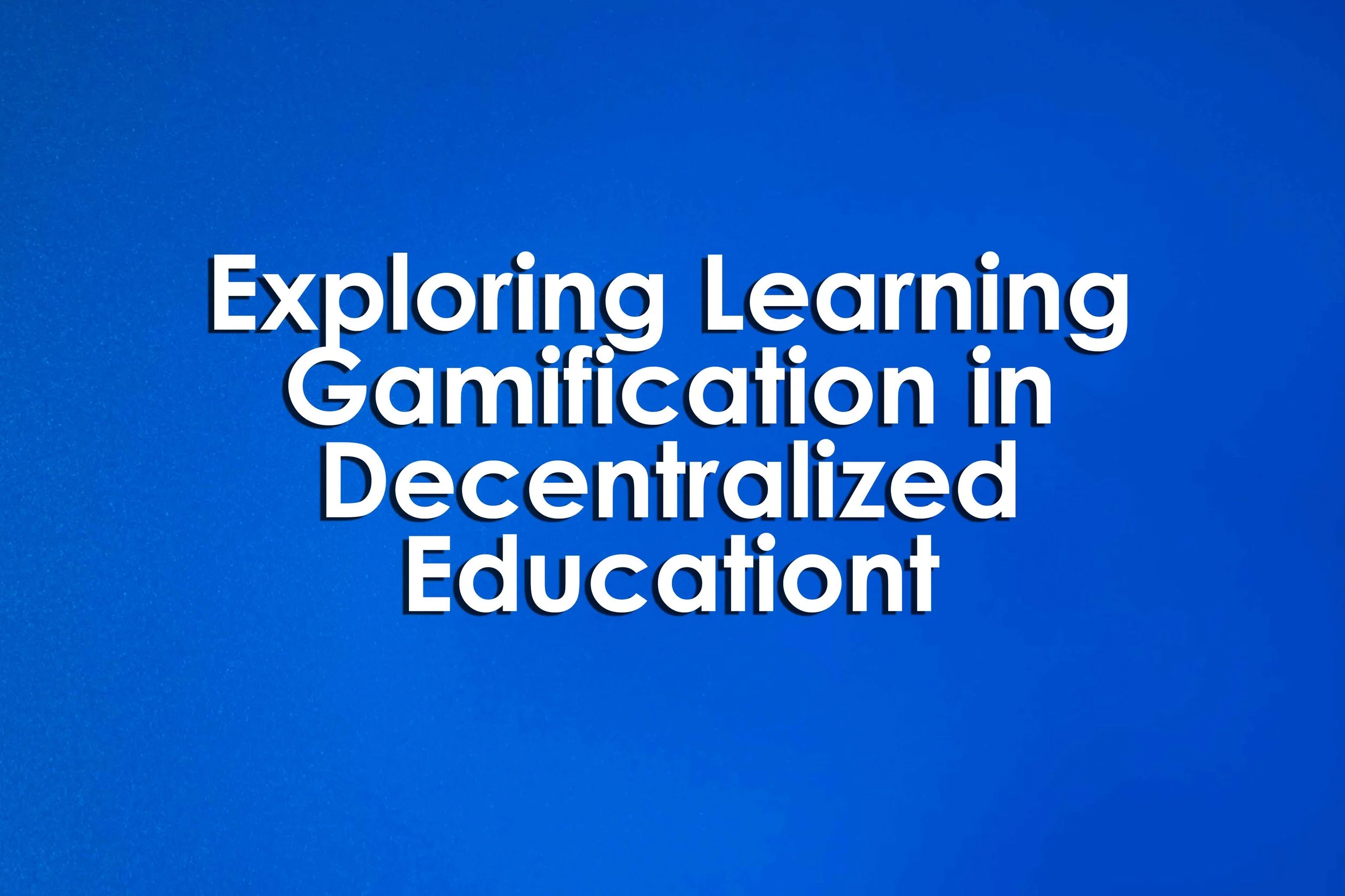Gamification in investing can be defined as the strategic integration of game-like elements, such as rewards, competition, and interactive features, into financial platforms and applications.
Read MoreDiscover how engaging educational games captivate and educate adult learners. Through in-depth interviews with tech execs and e-learning designers and hands-on trials of their products, I've gleaned the ingredients for resonant adult learning games.
Read MoreGamification has become a popular strategy for engaging users and motivating behavior in various fields, from education to marketing. One of the key psychological principles at play in gamification is intrinsic motivation. Another important psychological principle in gamification is the concept of extrinsic motivation.
Read MoreAlthough the practice of including game-like elements in learning programs is new to some, gamification has a long history of use as an effective tool for engaging people. Gamification makes learning more exciting, interactive, and ultimately more productive.
Read MoreGames are fun and engaging and increase learner motivation, which impacts learning outcomes. Games provide a sandbox environment in which learners can first receive guidance about how to carry out a complex activity.
Read MoreThe point of a TTRPG is that it reacts to you, making it a unique avenue of play; video games and classic board games stick to a set of rules, possible choices, and known entities, with little wiggle room, says Dragon: "A video game is this object that exists, and your engagement with it can be one-sided, but with a tabletop game, ideally it's something that is actively responding to the things that you're doing."
Read MoreA group of second and third graders at New Century School played a hand in helping develop the video game for PBS Wisconsin Education. Teachers Larry Gundlach's and Courtney Bennett's classroom joined 18 other classrooms across Wisconsin involved in testing out the free online video game, which is based around shipwrecks and maritime archaeology.
Read MoreDelving into the history of how video games have utilized - and distorted - stories of the past reveals a persistent demand for historical education through entertainment, a reminder that people are constantly searching for new ways to engage and find meaning in the past.
Read MoreGamification aims to make learning more engaging and interactive. Gamification makes learning more immersive and helps learners retain the information better. Especially at a time when physical, classroom-based learning is out of the question for safety concerns, gamification ensures that learners are engaged.
Read MoreThere are more things competing for our time and attention - cell phones, tablets, watches, video games, smart home devices, smart lights, smart doorbells and far too many more things to name. Following a blueprint set forth by the video gaming industry, many industries have begun to integrate the process of "Gamification," or banking on the competitive nature of people to encourage them to continue engaging with the product or service.
Read MoreThis study aimed to focus on using games in the classroom and the academic effect on the students. Games in the classroom have become very popular in recent years.
Read MoreGames are great tools to engage students in their learning. There are many educational benefits to playing games in the classroom. The best benefit that occurs from playing games in the classroom is that students are learning content in a fun, engaging way!
Read MoreWith this in mind, a video game was designed that combines action video games with mini games that train different executive functions, such as working memory, inhibition and cognitive flexibility, functions that are called upon during reading.
Read MoreTo understand each game's approach better, I encourage you to look at the games themselves, or better yet, play them. The online learning game Evivve does something similar, but emphasises strategizing how each player will contribute their effort towards the common goal.
Read MoreThe concept of gamification is increasingly gaining popularity-;tourists frequently traveling overseas earn frequent flier points from their preferred airline; customers purchasing apparel from their favorite fashion outlet accumulate customer loyalty points.
Read MoreThese innovations are essential as the traditional method of teaching did not sync with the students' learning preferences. Decentralized learning is a non-traditional method of knowledge transfer that replaces the centralized, unidirectional flow of knowledge with an open-source, transparent and rewarding system. Even though decentralized learning is an improvement on the existing system, it is still susceptible to some of the pitfalls of traditional learning systems.
Read More





